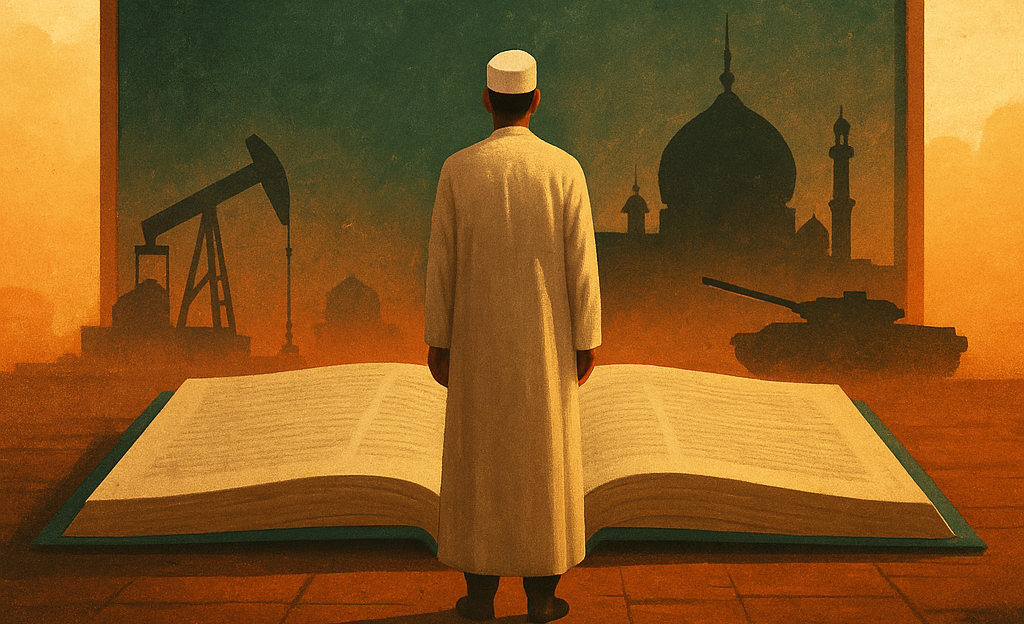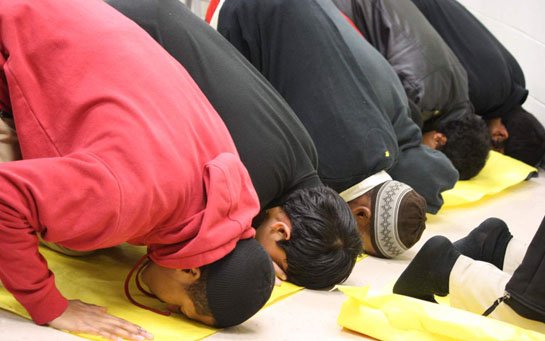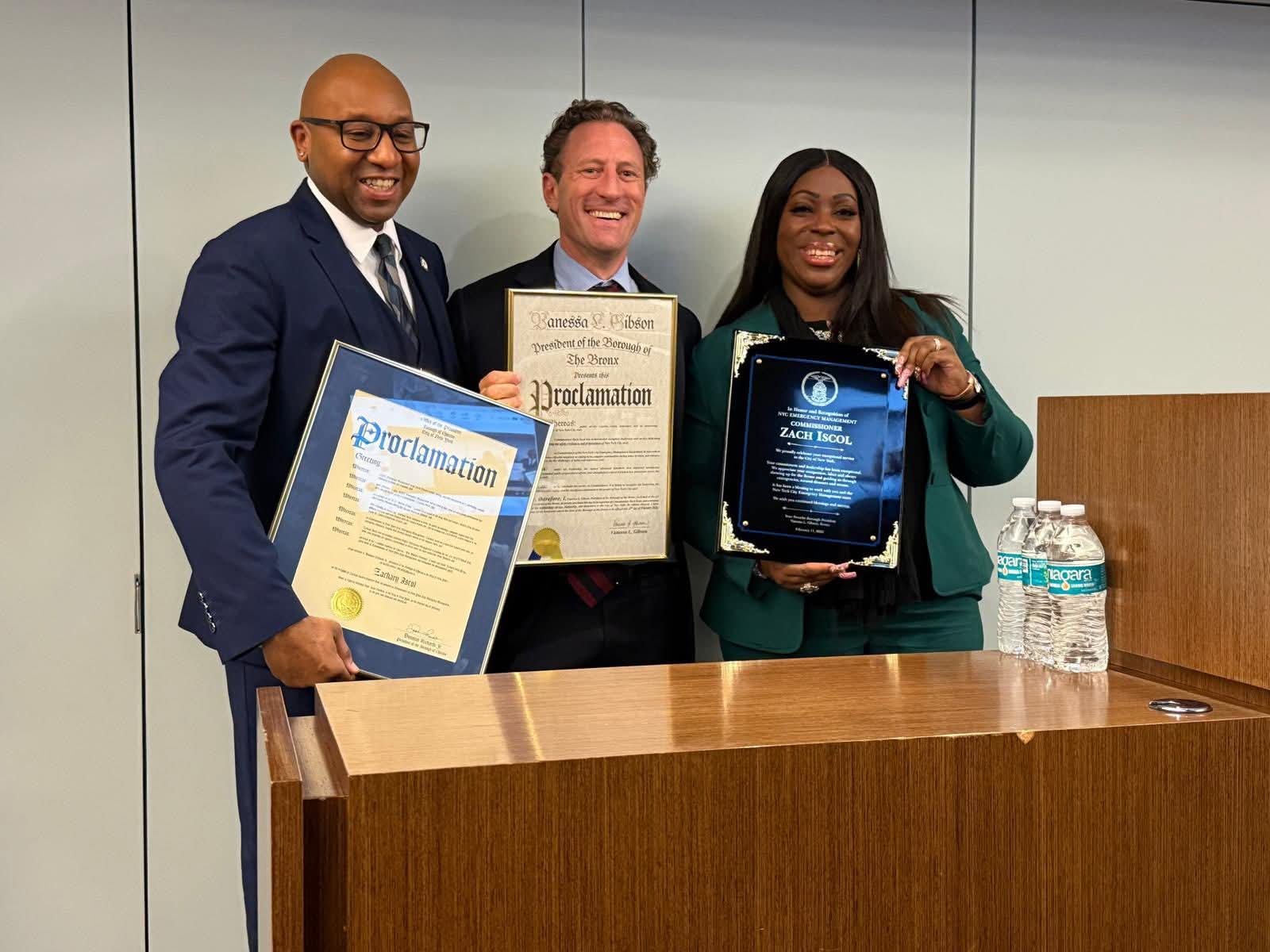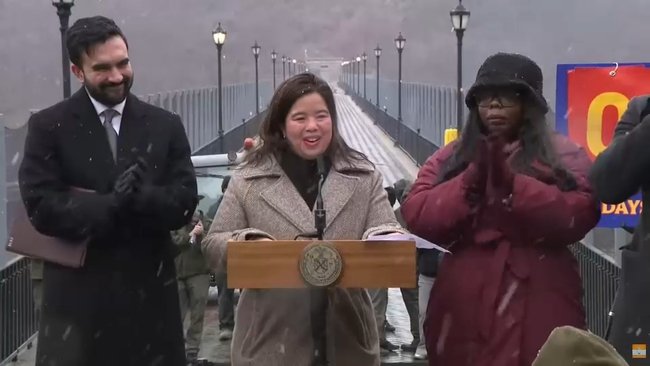
Across the Arab and Muslim world, leaders speak of dignity, sovereignty, and global influence. Citizens dream of prosperous economies, scientific achievement, and a future where Muslim-majority nations stand confidently among world powers. Yet despite wealth, resources, and population strength, the region continues to fall behind nations that once struggled far more than we do today. The explanation is neither mysterious nor complicated. The Muslim world lacks world-class education, and without it, no amount of oil, money, or military strength can secure a lasting future.
How many Ivy League–caliber universities exist across the Muslim world? The answer is a painful zero. This is not because Muslims lack intelligence or creativity; indeed, Muslim students excel everywhere they are given opportunity. The problem is structural. Our nations have built cities faster than universities, imported technology instead of inventing it, and allowed our best minds to migrate abroad in search of success. A civilization cannot lead the future while outsourcing its knowledge.
History provides a roadmap. Japan rose from war ruin through schools and research. South Korea became a technological power through teacher investment and academic freedom. China lifted hundreds of millions from poverty by prioritizing learning. The Muslim world possesses greater wealth than many of these nations ever did, yet we still hesitate to make education our national priority.
This is a message for political leaders: true independence does not come from oil fields or military strength, but from educated citizens. Knowledge produces innovation, employment, diplomacy, and stability. An educated society cannot be easily manipulated by propaganda or extremism. A technologically advanced economy cannot be controlled by foreign powers. Education is not charity—it is national security, economic strategy, and political survival.
For young Muslims, the message is just as crucial. You are not a lost generation; you are an unfinished one. Your history is filled with scholars who changed the world. The libraries of Baghdad, the universities of Cairo and Córdoba, and the scientific discoveries of Muslim scholars shaped the foundations of modern civilization. You do not come from weakness—you come from brilliance. You simply need a system that believes in your potential.
If Muslim nations invested only a fraction of what they spend on imported luxury, foreign consultants, and political self-preservation, they could build universities to rival Harvard, Oxford, and MIT. They could create laboratories producing vaccines, engineers building technology, and scientists discovering what the world has not yet imagined. They could equip young people not merely to seek jobs, but to create them.
The Muslim world stands at a crossroads. One path leads deeper into dependency and decline. The other leads to universities, research, innovation, empowerment, and dignity. If leaders choose education, history will remember them not for what they built on earth, but for what they built in hearts and minds. If youth embrace knowledge, the world will no longer speak of Muslims as followers, but as leaders.
The future of the Muslim world will not be built with oil or armies. It will be built with classrooms. And there is nothing—absolutely nothing—wrong with the Muslim world that education cannot fix.









